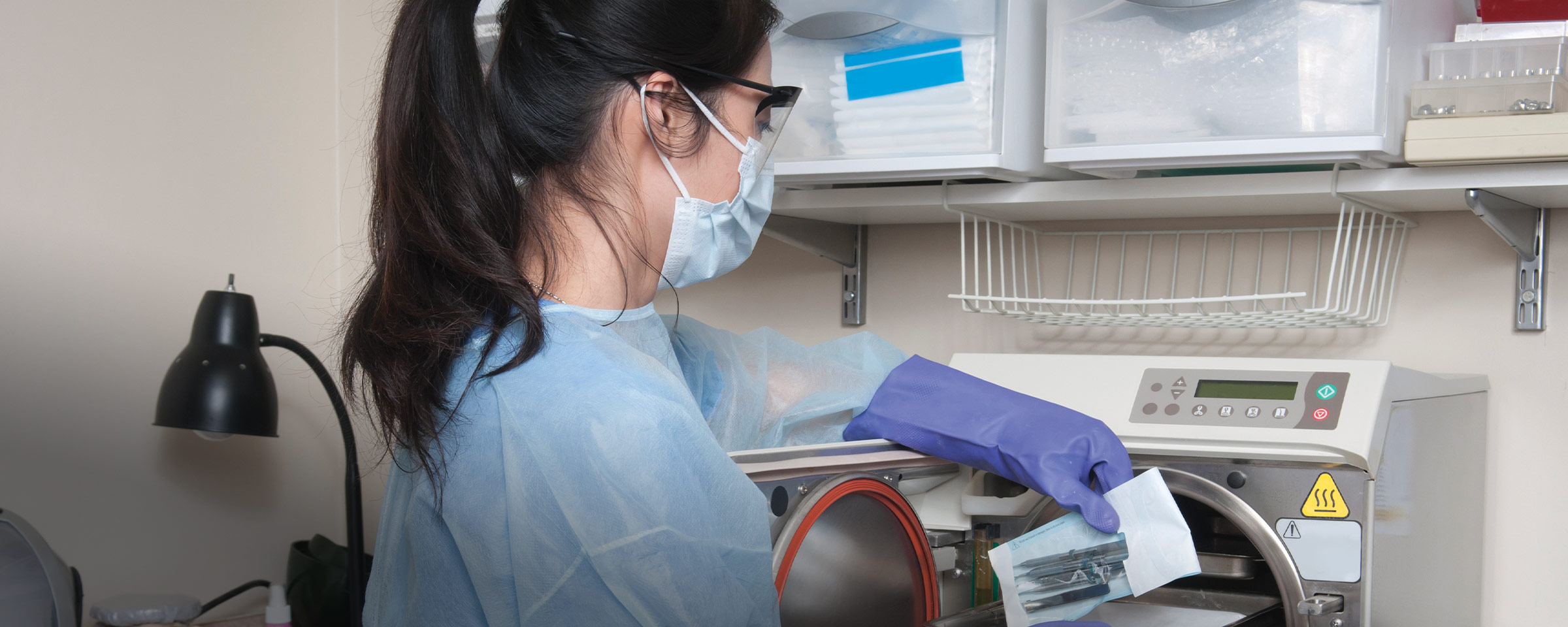In the healthcare industry, it is highly crucial to work as a team in order to deliver the best possible patient care. Medical assistants are one of the members of the health team, however, each member’s roles and responsibilities differ.
So, if you are wondering, “can a medical assistant give lab results?” then you need to read this article till the end as we have outlined the main as well as extra duties of medical assistants that they perform in healthcare settings.
So, let’s get started!
Responsibility of medical assistant in lab results:
- Gathering patient’s health records such as medical history, current symptoms, blood pressure etc.
- They carry out various administrative duties such as scheduling appointments, insurance billing and more.
- They measure blood pressure, check fever, heart rate, oxygen and other vital signs of patient
- They are responsible to maintain a healthy clean environment and control infections
- Collecting samples of blood and other fluids
- Labelling samples
- Conduct detailed patient inquiry
- Provide emotional support to the patient
Legal implications of medical assistants providing lab results:
If medical lab assistants share lab results, they have to adhere certain legal and ethical laws and guidelines such as:
-
- Health Insurance Portability and Accountability Act (HIPAA) which is a federal law introduced in order to maintain patient confidentiality and lab result disclosure by medical assistants.
- Clinical Laboratory Improvement Amendments (CLIA) exists in order to ensure that medical assistants do not report lab assistants independently.
- Professional code of ethics
- Patient Privacy
- Consent from patients before sharing their medical information
-
 Medical Lab Assistant ProgramMedical Lab Assistant Program prepares students for a rewarding career to play an essential role in hospitals, private and public health laboratories, clinics and research laboratories.
Medical Lab Assistant ProgramMedical Lab Assistant Program prepares students for a rewarding career to play an essential role in hospitals, private and public health laboratories, clinics and research laboratories.
Supervision requirements for medical assistants in labs:
Medical assistants are expected to work under the supervision of and alongside health specialists such as physicians, nurses, doctors etc. to provide the best service to patient and in order to ensure that the medical assistants are performing the tasks as per the laws and ethical guidelines
Patient Education and Communication:
Effective Communication is highly crucial in an organization for the following reasons:
- To communicate lab reports with patients who find it difficult to interpret the results
- To build trust between patients and medical assistants or any health professional
- To create a comfortable environment from the anxious patients
- To communicate the lab procedure
- To answer questions asked by the patients
Conclusion:
Therefore it can be concluded that medical assistants play a vital role in the healthcare industry performing a wide variety of tasks including giving lab results but within the set laws and ethical principles or guidelines outlined by the particular state or healthcare setting.
I hope this article answered your question “can a medical assistant give lab results?”
UNDERSTANDING LAB TEST TYPES
There are numerous tests conducted in a laboratory of medical facilities, Some of the lab test types include:
- Blood Tests such as CBC in order to detect any existing infection, leukemia or anemia and measure overall health of an individual
- Urine Analysis includes urine dr test that examines any existing kidney infection, diabetes or urinary infections
- Lipid Profile Test, also known as cholesterol test measures the amount of existing cholesterol
- Blood Glucose Test diagnoses diabetes
- Liver function test examines liver health and existing enzymes in the body
- Thyroid function test helps diagnose any thyroid diseases and hormone levels
- Coagulation Panel diagnoses bleeding disorders or blood clotting ability
- Microbiology test diagnosis infections, virus or fungi in blood
Frequently Asked Questions:
- Can a medical assistant provide lab results directly to patients?
No, they cannot give results directly to patients.
- What legal restrictions are there regarding medical assistants and lab result dissemination?
HIPAA, CLIA and state laws.
- Are there specific training programs for medical assistants to handle lab results?
Yes
- Can medical assistants explain the implications of abnormal lab results to patients?
No, it is done by the doctors.
- In what situations might a medical assistant need to consult with a doctor before sharing lab results with a patient?
When lab results seem difficult to interpret.



